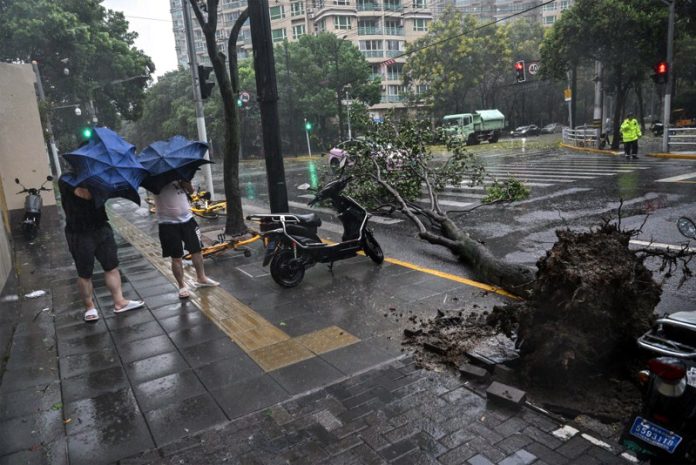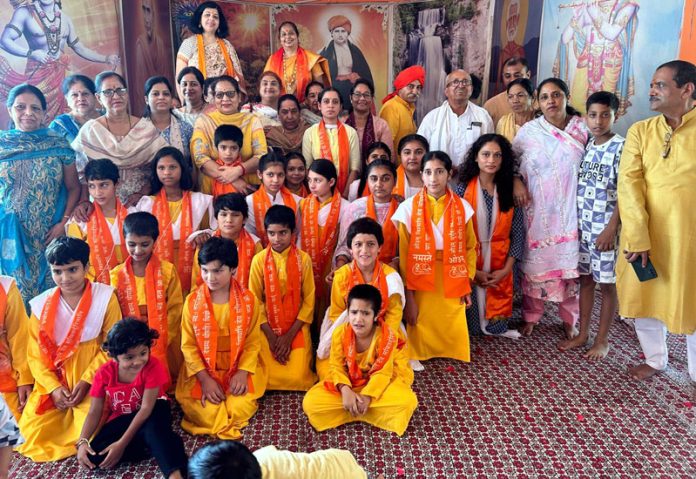
San Diego County’s first cannabis café is scheduled to open this fall in National City. It soon could have company. The Legislature in late August approved a bill by lopsided margins that would legalize and set statewide standards for establishments where customers can purchase and consume cannabis while enjoying food and nonalcoholic drinks from in-house service.
A handful of “consumption lounges” have been established in West Hollywood under a city license. Technically, food service is prohibited by regulations that don’t allow food to be prepared on-site and those businesses can only provide pre-packaged snacks and beverages. But the lounges get over that hurdle by partnering with neighboring businesses that deliver fresh food to create a more typical club-like setting.

That’s what Sessions by the Bay in National City aims to do, along with having food trucks on-site. Assembly Bill 1775, by Assemblymember Matt Haney, D-San Francisco, would allow restaurants and live entertainment to exist where customers can smoke, vape or sample edible cannabis, allowing for a business model often compared with cafés in Amsterdam. The measure now awaits a decision by Gov.
Gavin Newsom, who has not acted on the bill as of Friday evening. The governor vetoed a similar Haney bill nearly a year ago, but the current measure appears to address Newsom’s concerns surrounding California’s smoke-free workplace protections and standards for ventilation. The bill also specifies that employees would have the right to wear respirator masks at work, paid for by their employers, according to the Los Angeles Times.
Employers also would have to include secondhand smoke in their injury and illness prevention plans that are required under California labor law. The push for cafés is among the latest state and local efforts to shore up the legal cannabis business, which continues to be hurt by a robust illegal trade. The state’s illicit cannabis market was estimated at around $8 billion annually in 2020, twice the volume of legal sales.
Advocates for legalizing marijuana decades ago predicted the illegal market would be diminished, and perhaps die out altogether, because customers would prefer the quality, safety and legitimacy offered by legal marijuana shops. But given they aren’t faced with regulations and taxes, illegal operators can offer their wares for considerably less, which has kept the black market booming. “The illicit illegal market is continuing to grow and thrive, while our legal cannabis market is struggling,” Haney said earlier this year during a debate over AB 1775.
Last year, the state announced it was making $20 million in grants available to aid the ailing legal cannabis industry. The city of San Diego loosened restrictions on cannabis dispensary locations in an effort to double the number. As of January, the city had nearly 40 dispensaries permitted.
City officials have further explored developing an “ equity program ” aimed at giving lower-income residents and minorities more opportunities to get into the cannabis industry. The growing number of legal dispensaries also has heightened the competition. This is particularly noteworthy in the city of San Diego, which was more aggressive in allowing dispensaries early on than its neighbors, some of whom are playing catch up.
Encouraging cafés is another avenue to increase tax revenues from cannabis, and perhaps even attract tourists. That was part of the appeal for National City when it gave the green light to Sessions by the Bay. The cannabis consumption lounge, to include a dispensary, will be in a two-story building leased from the Sycuan Tribal Development Council, a partner in the venture, according to Tammy Murga of The San Diego Union-Tribune.
The building is where California College San Diego was previously located at 700 Bay Marina Drive, just west of Interstate 5 near an industrial area. An anticipated spring opening for Sessions was pushed back, but the lounge is “coming in fall 2024,” according to its website . Organizations such as the American Heart Association and American Lung Association oppose consumption lounges and other expanded access to cannabis on the grounds that marijuana smoke, including secondhand smoke, creates health risks.
Some opponents in National City and elsewhere express concern about overall public safety and uncertainty about the impacts of lounges because there’s little experience to glean from. If Newsom signs the bill, there will be more cannabis cafés and, consequently, more examples for businesses, government and society of what works and what doesn’t. Meanwhile, a lesser-known bill was also sent to the governor that allows cannabis farmers to sell their marijuana at events such as farmers markets authorized by local jurisdictions.
AB 1111, authored by Assemblymember Gail Pellerin, D-Santa Cruz, follows something of a trial run where cannabis was sold at this year’s California State Fair in Sacramento. The measure breezed through the Legislature. For generations, lawmakers have taken steps to help emerging industries and struggling farmers.
It would have been hard to imagine a few decades ago the product they would be promoting these days would be marijuana. What they said Mark Hamill ( @MarkHamill ), actor on X.”America First! (unless Russia pays us more)”.










